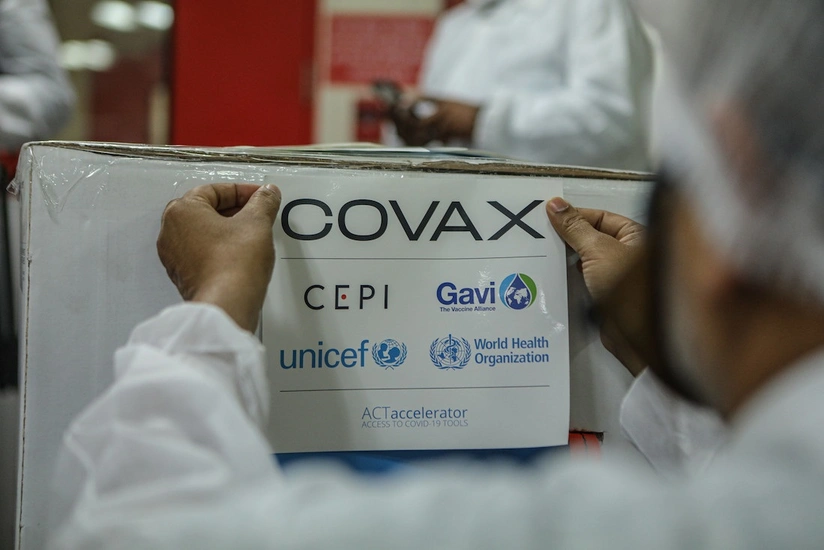COVAX urges nations to recognize WHO-approved vaccines for travel
- 01 July, 2021
- 15:39

The international COVAX scheme, created by the World Health Organization and its partners to ensure equal access to vaccination against coronavirus globally, calls on the world community to recognize vaccines approved by WHO or 11 regulatory bodies, including structures of the European Union and 10 Western countries, Report informs, citing the COVAX statement published on July 1.
“As travel and other possibilities begin to open up in some parts of the world, COVAX urges all regional, national and local government authorities to recognize as fully vaccinated all people who have received COVID-19 vaccines that have been deemed safe and effective by the World Health Organization and/or the 11 Stringent Regulatory Authorities (SRAs) approved for COVID-19 vaccines, when making decisions on who is able to travel or attend events.
Any measure that only allows people protected by a subset of WHO-approved vaccines to benefit from the re-opening of travel into and with that region would effectively create a two-tier system, further widening the global vaccine divide and exacerbating the inequities we have already seen in the distribution of COVID-19 vaccines. It would negatively impact the growth of economies that are already suffering the most,” the statement reads.
The list of SRAs cited by COVAX includes the European Medicines Agency (EMA), as well as the relevant bodies of Australia, Belgium, the United Kingdom, Germany, Italy, Canada, the Netherlands, the United States, France and Switzerland.
COVAX is an international mechanism launched by WHO in partnership with the Global Alliance for Vaccines and Immunization and the Coalition for Epidemic Preparedness Innovations. Within the framework of COVAX, by the end of 2021, 2 billion doses of the vaccine should be produced and evenly distributed worldwide.
To date, WHO has recommended seven vaccines for emergency use: these are jabs from the Chinese companies Sinopharm and Sinovac, the Comirnaty vaccine developed jointly by a US company Pfizer and Germany’s BioNTech, the Johnson & Johnson vaccine, the vaccine of the US company Moderna, as well as two variants of the vaccine developed by the British-Swedish company AstraZeneca and the University of Oxford.
There are currently 14 vaccines from different manufacturers listed as candidates for WHO approval.
